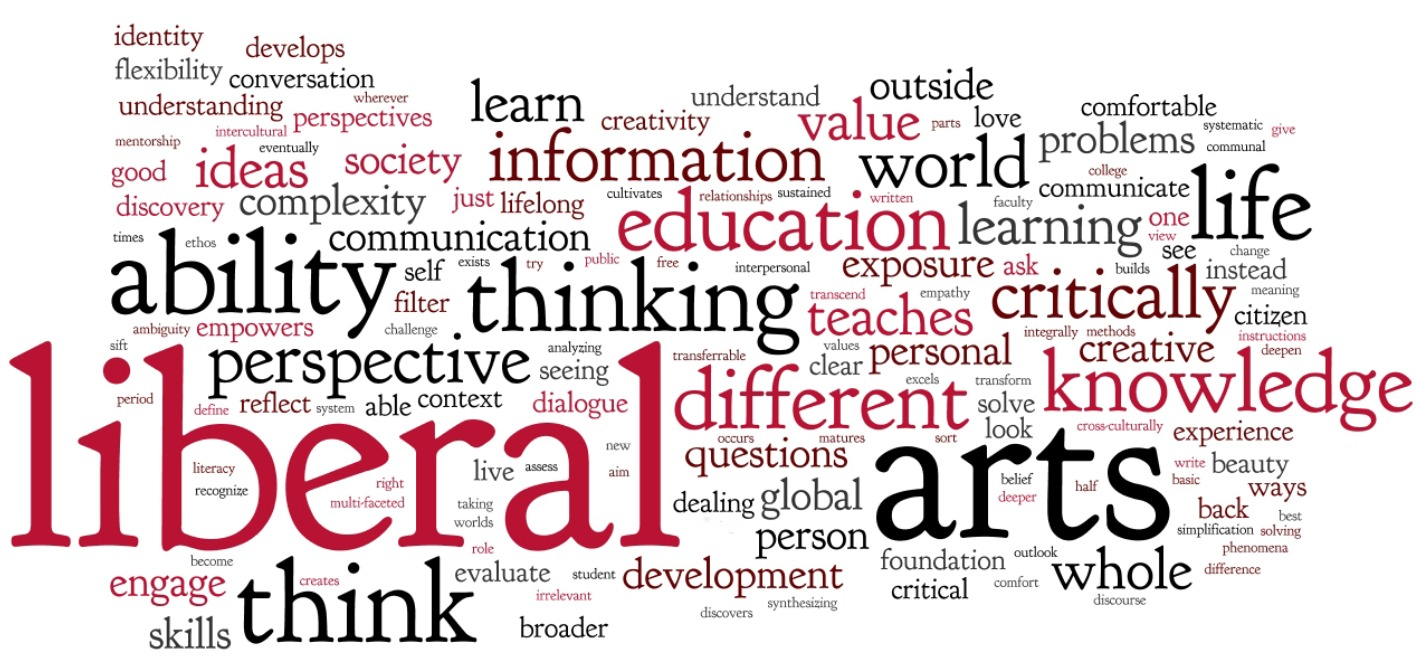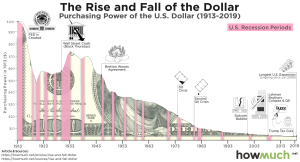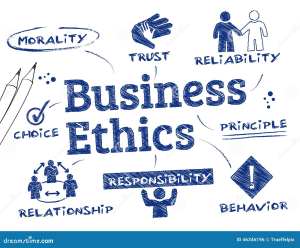In today’s rapidly changing job market, the importance of liberal arts education is more relevant than ever. Far from being merely a luxury, it equips students with critical thinking skills essential for navigating an increasingly complex world. A liberal arts education not only cultivates intellectual flexibility but also prepares individuals for diverse liberal arts careers across various fields. The value of liberal arts extends beyond immediate job readiness, offering significant long-term benefits that often lead to rewarding professional journeys. By understanding the benefits of liberal arts education, we underscore its fundamental role in fostering well-rounded, informed citizens who can thrive in a democratic society.
A comprehensive liberal studies program is vital to academic development, emphasizing the cultivation of analytical thinking, creativity, and communication skills. These programs tap into a rich tradition of learning that spans various disciplines, providing students with tools to tackle real-world challenges. As discussions around vocational training heighten, the need for a balanced educational approach that intertwines theoretical knowledge with practical skills becomes increasingly clear. Such educational frameworks ensure that graduates are not only workforce-ready but also capable of engaging with complex social issues. In this landscape, the significance of liberal education as a pathway to both personal and professional growth cannot be overstated.
The Value of Liberal Arts Education in Today’s Workforce
In today’s evolving job market, the value of a liberal arts education has come under significant scrutiny. As employers increasingly seek candidates with specialized skill sets, many question whether a broad-based education still holds relevance. However, research underscores that liberal arts graduates possess critical thinking, problem-solving abilities, and adaptability—key qualities necessary for navigating the multifaceted challenges of modern workplaces. According to economists and educators alike, this education equips individuals not merely for their first job but for an entire career, which is paramount in a world where careers are no longer linear.
Furthermore, as technology continues to reshape industries, the ability to adapt and learn new skills becomes indispensable. A liberal arts education encourages intellectual curiosity and lifelong learning, providing individuals with a toolkit that enhances their employability over time. This adaptability is crucial for success, as the landscape of work is constantly changing, requiring an educated workforce that can respond positively to new challenges and innovations.
Frequently Asked Questions
What is the value of liberal arts education in today’s job market?
The value of liberal arts education in today’s job market lies in its emphasis on critical thinking, communication skills, and adaptability. Graduates of liberal arts programs are equipped with tools to navigate complex problems and diverse workplace environments, making them highly sought after by employers across various industries.
What are the benefits of pursuing a liberal arts education?
The benefits of pursuing a liberal arts education include enhanced critical thinking abilities, stronger communication skills, and a greater understanding of cultural contexts. Graduates are prepared for a wide range of careers, as they can think creatively and solve problems effectively, traits that are increasingly valuable in a rapidly changing economy.
How do liberal arts careers differ from vocational training?
Liberal arts careers often focus on developing broad skill sets that prepare graduates for diverse roles across various sectors, whereas vocational training tends to provide specific skills for defined jobs. A liberal arts education fosters critical thinking and adaptability, enabling individuals to excel in careers that require problem-solving and innovative thinking.
Why is the importance of liberal arts education often debated?
The importance of liberal arts education is often debated due to rising tuition costs and questions about job readiness. Critics argue that the broad focus of liberal arts may not lead directly to job placement, while advocates highlight that these programs cultivate essential skills that contribute to personal and professional success in an increasingly dynamic job market.
What misconceptions exist about the value of liberal arts education?
Misconceptions about the value of liberal arts education include the belief that it leads to lower job opportunities and earning potential. However, many studies show that liberal arts graduates often catch up in earnings over time and possess skills that employers highly value, such as critical thinking, effective communication, and cultural awareness.
Can a liberal arts education lead to successful professional outcomes?
Yes, a liberal arts education can lead to successful professional outcomes. Graduates develop versatile skills tailored for various fields, fostering long-term career adaptability. Their training in critical thinking and strong communication is crucial in today’s diverse and ever-changing job market.
How can institutions make liberal arts education more appealing to students?
To make liberal arts education more appealing, institutions can emphasize its relevance in developing employability skills, offer innovative programs that integrate practical experiences, and communicate the long-term value of a liberal arts degree in adapting to dynamic career paths.
In what ways does liberal arts education prepare students for evolving job markets?
Liberal arts education prepares students for evolving job markets by teaching them how to think critically, analyze various perspectives, and communicate effectively. These skills empower graduates to navigate the complexities of modern work environments and adapt to changing industry demands.
What role does a liberal arts education play in fostering democratic citizenship?
A liberal arts education plays a crucial role in fostering democratic citizenship by encouraging students to engage with diverse ideas and perspectives. It cultivates critical thinking and informed decision-making, which are essential for participants in a democratic society.
How do first-generation college students perceive the importance of liberal arts education?
First-generation college students may perceive the importance of liberal arts education differently due to financial pressures and a desire for employment. It is vital for institutions to provide clear pathways and support systems that help these students understand the value of a liberal arts education in achieving their professional aspirations.
| Key Point | Details |
|---|---|
| Importance of Liberal Arts Education | Fosters critical thinking and prepares students for democratic citizenship. |
| Employer Perception | Employers value graduates with liberal arts backgrounds for their broad thinking skills and adaptability. |
| Economic Concerns | Economic insecurities make students question the value of liberal arts in relation to job prospects. |
| Accessibility Issues | Liberal arts education is often seen as a luxury, making it less attractive for students from low-income backgrounds. |
| Adaptation of Education | It’s essential for institutions to innovate and make liberal arts more relevant to the current job market and diverse learning paths. |
| Long-term Benefits | While immediate job placement may favor vocational training, liberal arts graduates often catch up in earnings over time due to their versatile skillset. |
| Future Directions | Education must evolve with technology and societal changes to maintain the value of a liberal arts education. |
Summary
Liberal arts education is increasingly recognized as essential in today’s dynamic job market. It equips students not only with the ability to think critically and adapt to rapid changes but also prepares them for active involvement in a democratic society. As we navigate the complexities of modern employment, it’s crucial to advocate for broader accessibility and innovation within liberal arts programs to ensure that all students, regardless of their background, can benefit from this invaluable educational journey.




